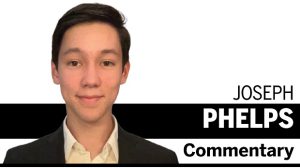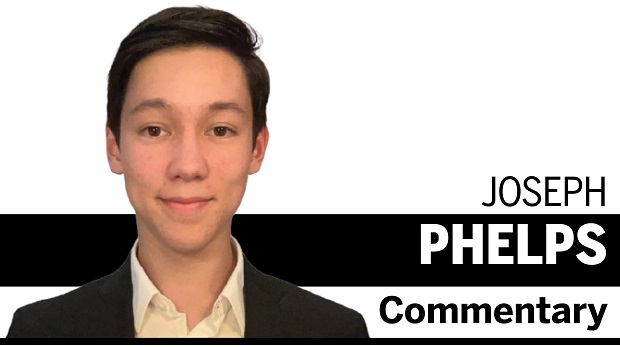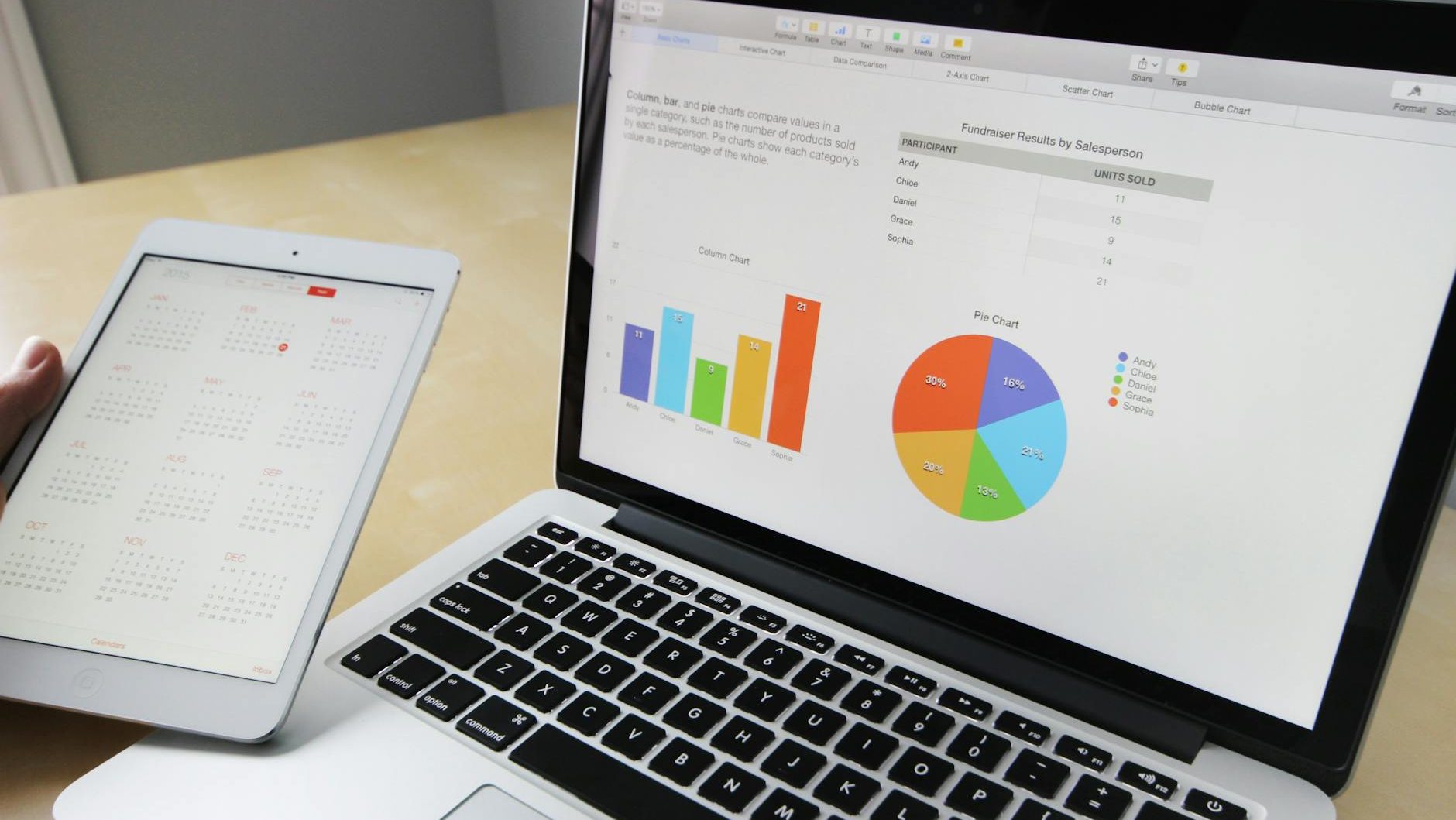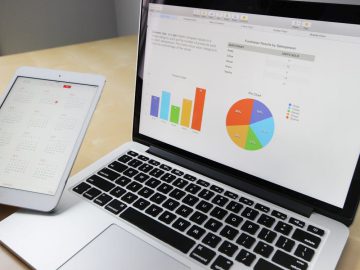Listen to this article
 At 17, I’m already worried about my financial future — and I’m one of the lucky ones. I’ve had the rare opportunity to sit in on family discussions about budgeting and investments. I’ve even competed in economics and personal finance competitions. Yet, despite all this, I’m still concerned about how I’ll manage money as an adult.
At 17, I’m already worried about my financial future — and I’m one of the lucky ones. I’ve had the rare opportunity to sit in on family discussions about budgeting and investments. I’ve even competed in economics and personal finance competitions. Yet, despite all this, I’m still concerned about how I’ll manage money as an adult.
Unfortunately, my situation isn’t unique. Many students across the country are graduating high school without the basic financial skills necessary to navigate adult life.
According to a recent study by the National Financial Educators Council, only 24% of millennials demonstrate basic financial literacy. Additionally, in a recent Bank of America survey, 53% of college students said they do not feel financially prepared for the “real world.”
Most high schools do not offer classes in money management, budgeting, or financial literacy, leaving students unprepared with handling money after graduation. Our school systems are struggling to capitalize on a common denominator of Gen Z students – their concerns about their financial future.
This past summer, I worked at Port Discovery Children’s Museum as part of the Bank of America Student Leaders Program. This program connects service-minded high school juniors and seniors, like me, to paid summer internships with local nonprofits, helping us grow professionally by gaining early work experience and leadership skills.
During my time as a student leader, I received financial education coaching through Bank of America’s Better Money Habits platform. This experience opened my eyes to the critical importance of personal finance skills. Careful financial planning is important for balancing income and spending, staying out of debt, and investing in one’s future.
Without these skills, many of my fellow students and I would struggle to manage our finances effectively after graduation. With these skills, I’m better equipped for my future goals, like starting my own business. These financial skills will be crucial in helping me budget for startup costs, manage cash flow, and make informed investment decisions.
It is clear that money management skills are crucial for future success.
My student leader experience culminated at the Student Leaders Leadership Summit in Washington, D.C., where I had the opportunity to discuss these issues with other student leaders from across the country. We all agreed that our schools need to do more to prepare us for the financial challenges we will face as adults.
As a group, we brainstormed ideas for integrating these topics into existing curricula and creating new, engaging programs to teach these vital skills. For example, a “Financial Literacy Challenge” program would task students with managing a simulated personal budget while making financially sound choices. Students would be guided through real-world scenarios, such as choosing between different types of savings accounts or investment options.
Right now, the need for financial literacy education is more pressing than ever. Economic instability is not a distant threat – it is a reality that our generation must be prepared to navigate. We must prioritize teaching personal finance in our schools, starting from elementary levels and continuing through high school.
This subject shouldn’t be treated as an elective or afterthought – it should be a core component of every student’s education.
This October, recognized as Financial Planning Month, presents a timely opportunity for educators, policymakers, and community leaders to take action and emphasize the importance of financial literacy.
Schools and communities can leverage this event to introduce or reinforce financial education programs or consider workshops on budgeting, saving, and investing, as well as guest speakers from financial institutions, like Bank of America, who can provide real-world insights. By aligning educational initiatives with Financial Planning Month, we can ensure that students gain the practical knowledge they need to succeed.
Financial literacy encompasses a broad range of skills and knowledge that students need to navigate the complexities of modern life. From understanding credit scores and student loans to making informed decisions about insurance and retirement planning, these skills are foundational for personal and professional success. In an era where economic landscapes are continually shifting, equipping the future generation with robust financial literacy is not just beneficial; it’s necessary.
Joseph Phelps is a senior at Mount Hebron High School in Howard County. He is a 2023 National & International Champion in the National Economics Challenge and runs the 501(c)(3) nonprofit “WEngineer” that has provided over 1,600 middle schoolers with free STEM education.





